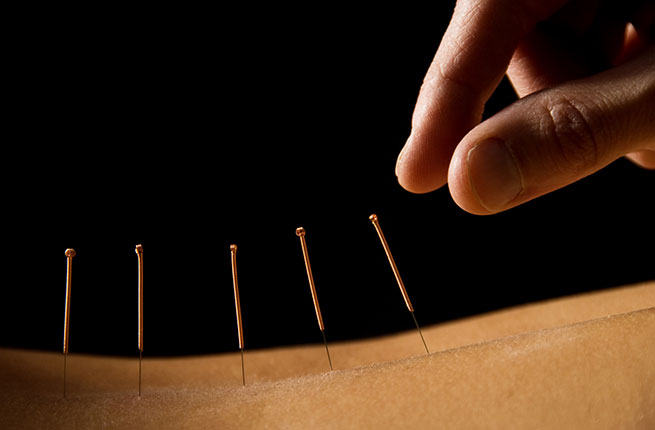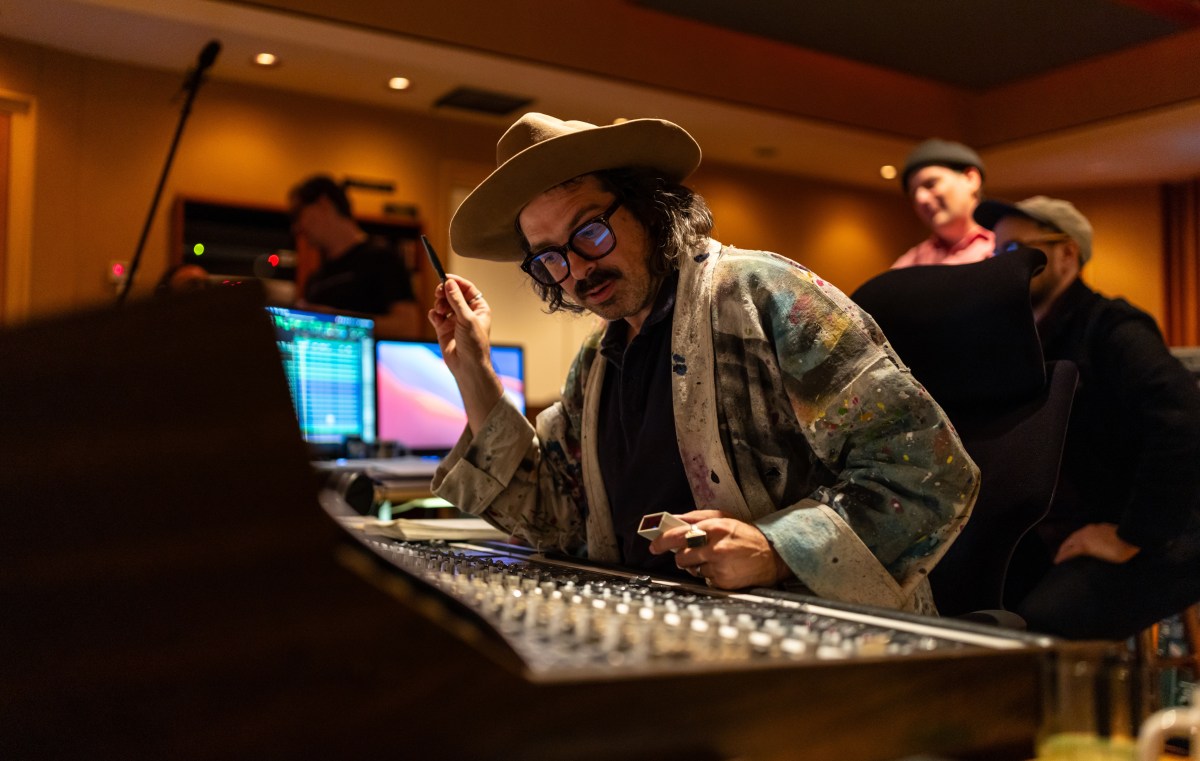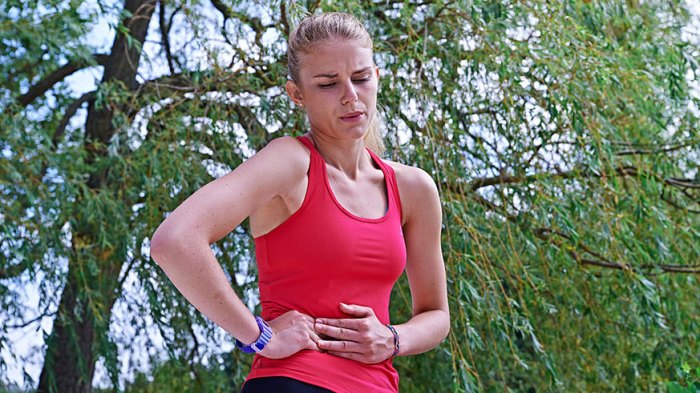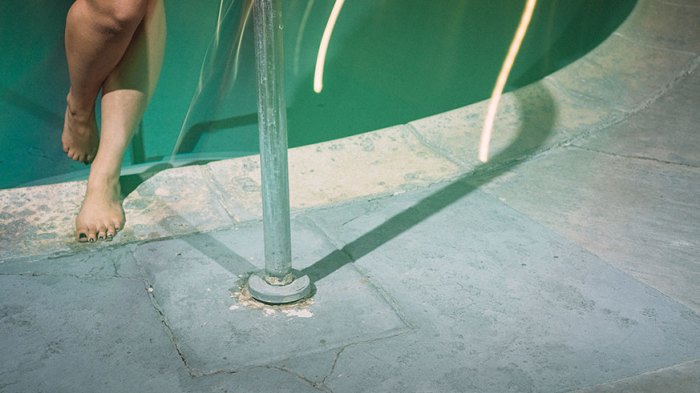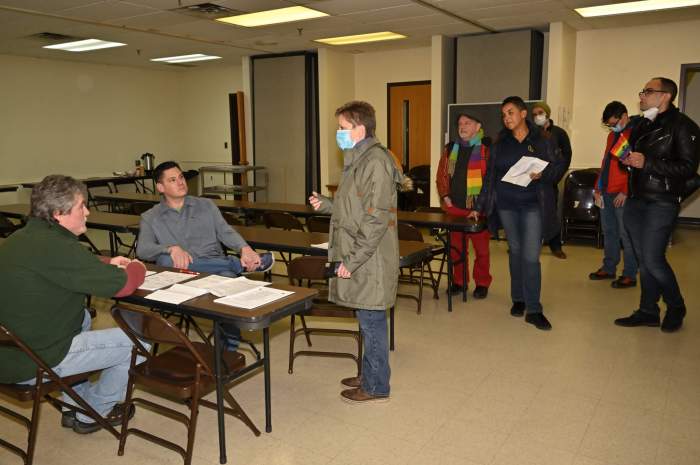Acupuncture, or the practice of embedding fine needles under the skin, has been written about for centuries and covered by many health-insurance plans for years. But to most New Yorkers — who are generally unreserved about trying just about anything to get relief from stress, tension and overindulgence — it still occupies a spot on the skeptical fringe. The biggest question: Does acupuncture really work?
What is acupuncture, exactly?
During an acupuncture session, a practitioner embeds thin, stainless-steel needles just below the skin at various pressure points. According to traditional Chinese medicine, the needles stimulate the body’s meridians (or channels of energy) at those points. In addition to pain relief, acupuncture is used to treat insomnia, migraines, sexual dysfunction and infertility.
Does acupuncture work? What the experts say
A 2012 meta-analysis of studies on acupuncture compared standard medical treatment (e.g. a doctor’s exam and medications) to acupuncture for body pain, chronic headaches and osteoarthritis. It found that acupuncture had a statistically significant benefit. “We saw a measurable effect there,” said co-author Andrew Vickers, a biostatistician at Memorial Sloan Kettering Cancer Center. “If acupuncture were a drug, we’d say the drug works.”
In 2017, the American College of Sports Physicians listed acupuncture as an effective treatment for lower back pain. Also that year, a study published in the journal Brain showed that acupuncture was an effective treatment for carpal tunnel system by remapping the brain’s circuitry.
In terms of insomnia, a 2009 meta-analysis of 46 trials published in the Journal of Alternative and Complementary Medicine showed that acupuncture had a statistically beneficial effect in total sleep duration compared to no treatment, and when added to medications.
In 2013, Parents magazine reported that several studies show women who get acupuncture to treat conditions that cause infertility (such as polycystic ovary syndrome) have a higher rate of pregnancies and birth. Patients who used acupuncture in combination with traditional medicine had the most success.
It should be pointed out that there isn’t a slam-dunk scientific consensus on acupuncture. A number of studies have shown no benefit of acupuncture vs. placebo. But a May 2017 paper in the Journal of Alternative and Complementary Medicine suggested there’s a pervasive medical bias against acupuncture because of its origins in Eastern medicine.
How does acupuncture work?
Scientists aren’t conclusively sure why acupuncture seems to work. Some theorize that the tiny injury caused by an acupuncture needle causes a rush of proteins to the area, which stimulates a repair-and-healing mode and a pain-relief response. Others posit that a placebo effect may be partly responsible (pointing out that when it comes to pain relief, if a placebo can bring some measure of relief, that’s nothing to dismiss). Acupuncture may be an effective therapy for infertility because it’s been shown to lower the body’s stress levels; high levels of stress hormones can lower fertility hormones such as progesterone. The procedure’s effect on stress may also be why it can be effective for headaches, back pain and insomnia.
How to find the best acupuncture
A number of studies show acupuncture works best when used in combination with traditional therapies; that’s the case for insomnia and infertility. Consult your primary care doctor if you’re considering getting acupuncture for a troublesome condition. And make sure any acupuncture provider you choose is certified by the National Certification Commission for Acupuncture and Oriental Medicine; the organization has a searchable database on its website.

